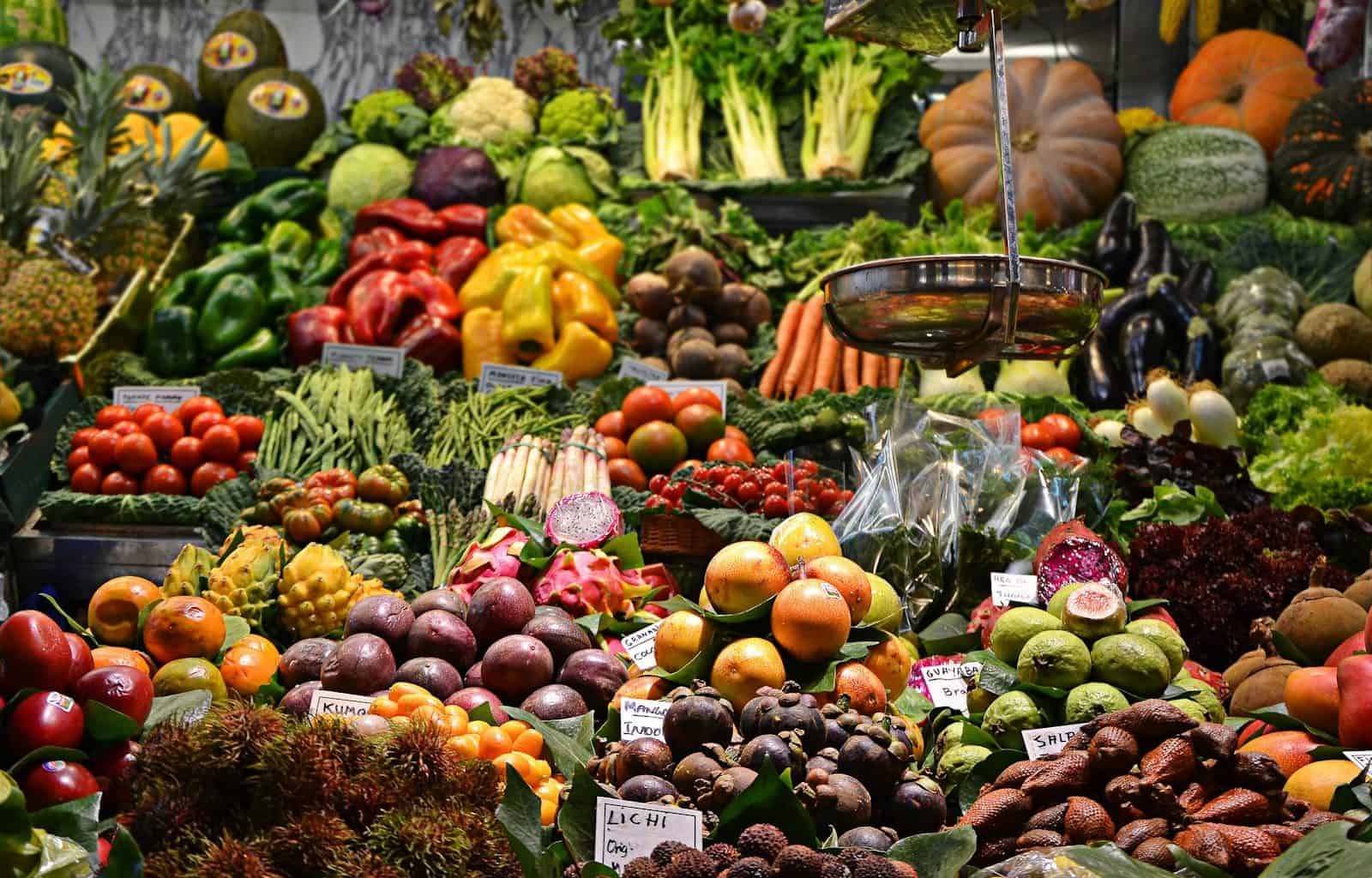Table of Contents Show
Breaking into the Middle East market isn’t just about shipping products overseas. You’re entering a region where food imports are growing at 11% annually, and organic products are seeing unprecedented demand. The catch? The regulatory landscape is complex, and one missing certificate can leave your shipment sitting at port.

If you’re a UK food brand looking to export to the GCC region, understanding the requirements upfront will save you time, money, and plenty of frustration.
Understanding the Middle East Organic Food Opportunity
The numbers tell a compelling story. Dubai alone imported 9.9 million tonnes of food products valued at AED 57 billion in 2021. The UAE’s packaged food market is projected to reach 9.4 billion USD by 2028, representing nearly 30% growth. This isn’t a trend—it’s a fundamental shift in consumer behavior across the entire region.
What’s driving this growth? You’ve got a young, affluent population that’s increasingly health-conscious. They’re willing to pay premium prices for quality organic products, especially those from trusted markets like the UK. British food brands benefit from a strong reputation for quality and high animal welfare standards, which resonates strongly with Middle Eastern buyers.
Essential Documentation You’ll Need
Getting your paperwork right is non-negotiable. The UAE and other GCC countries require specific documents for every food shipment, and missing even one can result in rejection at customs.
Here’s what you need for every shipment:
Commercial invoice with detailed quantity, goods description, and total value of each item. Your invoice needs to be addressed to your importer and include HS codes for each product.
Certificate of origin approved by your local Chamber of Commerce. This proves your products are genuinely British, which adds significant value in Middle Eastern markets.
Detailed packing list that includes weight, packing method, and HS codes. Customs officials will cross-reference this against your actual shipment.
Original health certificate from the appropriate UK government agency. This attests that your products are fit for human consumption. There’s no workaround on this one.
For organic products specifically, you’ll need certification from an accredited body. The good news? The USDA Organic logo and certificate are accepted by UAE authorities, making it easier for UK brands already exporting to the US.
Halal Certification: Your Competitive Advantage
Here’s where many UK exporters hesitate, but you shouldn’t. Halal certification isn’t just about religious compliance—it’s a powerful market access tool that can differentiate your brand.
Many organic products naturally align with halal requirements, but certification provides the official stamp that opens doors. The UAE, Saudi Arabia, Qatar, and other GCC countries require halal certificates for meat and meat-derived products for port clearance. Even for dairy and processed foods, having halal certification enhances your brand profile and builds immediate trust with consumers.
The certification process is straightforward. In the UK, you can work with bodies like the Halal Food Authority, which is accredited by international bodies including the UAE’s ESMA. You’ll need to choose a certifier based on your target markets, as different countries recognize different certification bodies.
Navigating UAE Food Safety Regulations
The UAE takes food safety seriously, and their regulations have become even more comprehensive in 2025. All imported food must be registered in the ZAD system, an integrated electronic platform for food products data, before being handled in UAE markets. Think of it as your product’s digital passport—without it, you’re not getting through customs.
Shelf life requirements are specific and strictly enforced. Products with less than six months shelf life must have at least 50% remaining at entry. Products with more than six months shelf life need a minimum of six months remaining. This means careful planning around production schedules and shipping timelines.
The UAE has also introduced the Nutri-Mark nutritional labeling system, which became mandatory in June 2025. This grades food products from A (healthiest) to E (least healthy) based on nutritional value. If your products fall into the covered categories—dairy, breakfast cereals, and packaged snacks—you’ll need to display this label on your packaging.
Smart Logistics and Cold Chain Management
Temperature-controlled shipping isn’t optional for organic perishables—it’s required. The UAE mandates documentation of proper storage conditions during transport, and you need to use HACCP-certified logistics providers for cold chain maintenance.
Your logistics partner can make or break your export success. Look for providers with experience in food exports to the Middle East who understand both UK and UAE regulations. They should be able to handle customs clearance, coordinate with local importers, and manage the documentation flow seamlessly.
Many successful exporters work with specialized freight forwarders who have established relationships with UAE customs officials. This local knowledge can significantly speed up the clearance process and help resolve any documentation issues quickly.
Working with the Right Local Partners
You can’t export directly to consumers in the UAE. You need a local partner—either a distributor or an importer with the proper trade license from the Department of Economic Development. Choosing the right partner is crucial because they’ll handle local registration, customs clearance, and distribution.
Look for partners who specialize in organic or health foods and already have established retail relationships. They should understand the UK market and be able to communicate your brand story effectively to Middle Eastern consumers. Ask about their experience with similar products and request references from other UK brands they represent.
Your local partner will also need to register your products in the Dubai Municipality’s Food Import and Re-export System before your first shipment. This includes registering each distinct product, even different sizes of the same item, along with photos and detailed ingredient information.
Making Your Move into Middle Eastern Markets
The Middle East represents a genuine opportunity for UK organic food brands willing to navigate the regulatory requirements. The market rewards quality, values British products, and offers strong margins for premium goods.
Unite Foods specializes in connecting UK organic and health food brands with Middle Eastern markets. We handle the complex registration process, work with certified local partners, and ensure your products meet all regulatory requirements for smooth customs clearance. Our team understands both the UK production landscape and Middle Eastern market dynamics, making us the bridge that turns export challenges into market opportunities.
Visit www.unitefoods.co.uk to learn how we can help your brand succeed in the Middle East market.





